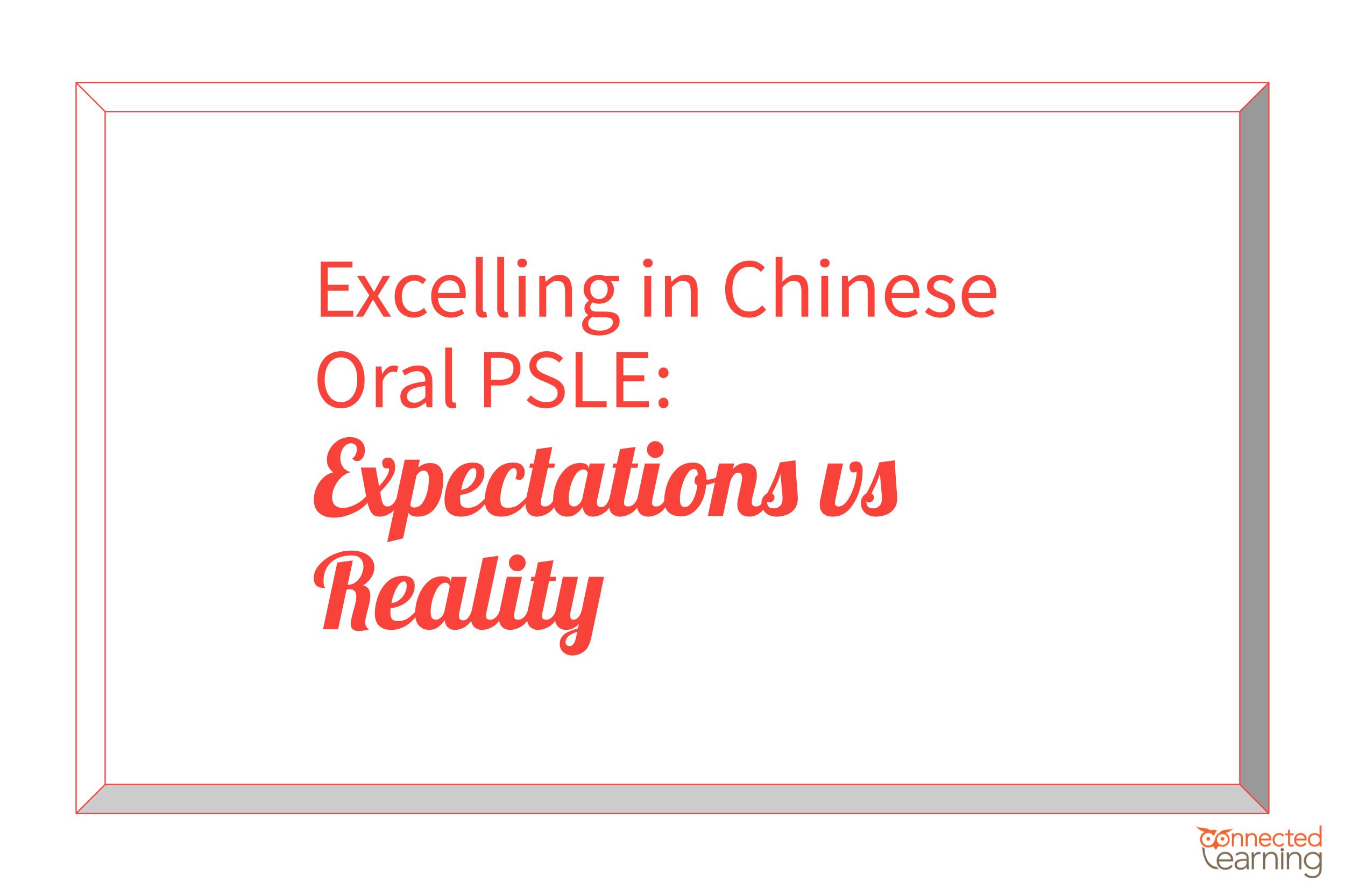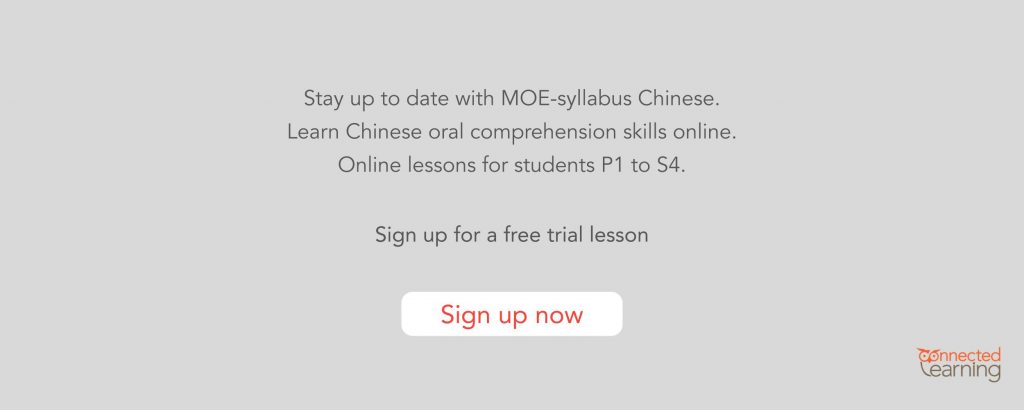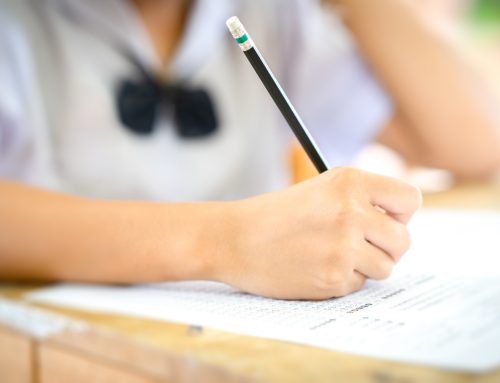Raise your hand if you think the Chinese oral examinations during PSLE is one of the most daunting moments in your childhood.
We think you might remember this: facing stern-faced strangers who look like they’ll lash out at you if you read one word wrong, or your heart skipping a beat when you notice them scribble something in their notebooks or catching sight of them holding back their yawns while you’re voicing your opinions. It’s an ordeal, and more often than not, it’s a psychological one.
Even until now, most students still see oral examinations the hardest to deal with amongst all others in the Chinese language. And it differs for each kid; they were either going to breeze through it or struggle at it.
But sometimes funny things happen; whatever you thought may turn out to be the opposite. Here are some common expectations, and what happened instead during Chinese oral PSLE:
The four expectations vs its reality during Chinese Oral PSLE
You thought the topics were going to be familiar.
It’s not uncommon where students come across a totally strange topic. It’s disheartening, because they might get the facts right, or if they can even raise any events at all. Although technically there’s no right and wrong in oral examinations, talking about something that you’re not familiar about can cost significant marks because it’ll affect:
- train of thought
- the assertion of personal views and opinions
- and ultimately, confidence.
The conversations will be breezy and sparkling.
We refer specifically to the discussion session, where engagement should happen the most. There’s nothing more intimidating than involuntary stutters and awkward silences during discussions. It’s sometimes hard to keep a conversation going when your participants aren’t reactive. And let’s not mention how horrible it is for the pupil if the invigilators unanimously decide not to indulge in your sense of humour (should there be any).
You were going to be smooth like butter.
Eloquence shows off a student’s conversational skills and quick-wittedness, which is not a benchmark for scores but it’ll be undoubtedly advantageous. But at times, things happen. Such as stumbling over an unknown word, stammering through their speech, or their mind suddenly goes blank for a second. These are not life-threatening issues, but yes, they can come as silently as they go.
You were going to sound smart and brainy.
We don’t mean solve-a-mathematical-equation kind of smart, but more like speaking like they know what they’re talking about. This goes to show that the student is logical, clear-minded, and confident. They have to focus to clear-mindedly breeze through the oral examinations. Being focused is key here: make sure they hear everything in the video, the passage and what the invigilators are saying.
What to expect during the Chinese Oral PSLE
- Students will be given 10 minutes to prepare.
- They will proceed to read the passage on the screen and watch the 1-minute video once when they’re in the room.
- The examiner will then ask three questions related to the video:
- The content of the video—what are your observations? E.g. Tell me a story of your own relating to “bullying” that’s depicted in the video.
- Thoughts/views/comments on the video—what’s your takeaway? E.g. What have you seen about “bullying” in real life, and what did you learn out of it?
- Share similar/relevant experiences. E.g. What do you think schools can do to prevent bullying?
Good-to-knows for Chinese Oral PSLE:
- What used to be Picture Description is now replaced with “Video Conversation” or e-Oral.
- Although the total percentage for Paper 3 (Oral + Listening Comprehension) remains at 35%, there are slight changes to the Oral components.
- Reading Passage element will remain and evolved to on-screen reading.
Related: Preparing your child for the NEW PSLE Chinese oral
The two most easily overlooked tips on dealing with the Chinese Oral PSLE
We’ve all been there—trying valiantly to reason with an incredibly complicated topic. The topic proves frustrating, maddening, and sometimes even frightening. The truth is, you can’t reason with an inanimate subject. What you can do is to overcome it, the smart way. Here are three tips your primary school child should focus on, amongst others.
Know the exam format well.
Know the enemy, and you’ll be victorious. Being familiar with the format means knowing what to expect, and makes it less stressful for them. Here’s a brief guideline of the Chinese Oral PSLE format:
- Prepare at the preparation area for 10 minutes.
- Enter the room.
- Read the e-passage on the screen.
- After the passage, they’ll watch the video once.
- The examiner will ask three questions related to the video.
Relax and have fun!
It’s never a brilliant way to be good at a language by learning pedagogically. When learning gets hard, it’s easy to get caught up in the heat of the moment. Monitor your child’s stress level. Making Chinese lessons enjoyable is incredibly vital: read light-hearted storybooks, watch cartoons, or kid-friendly drama series, etc. every form of content count!







